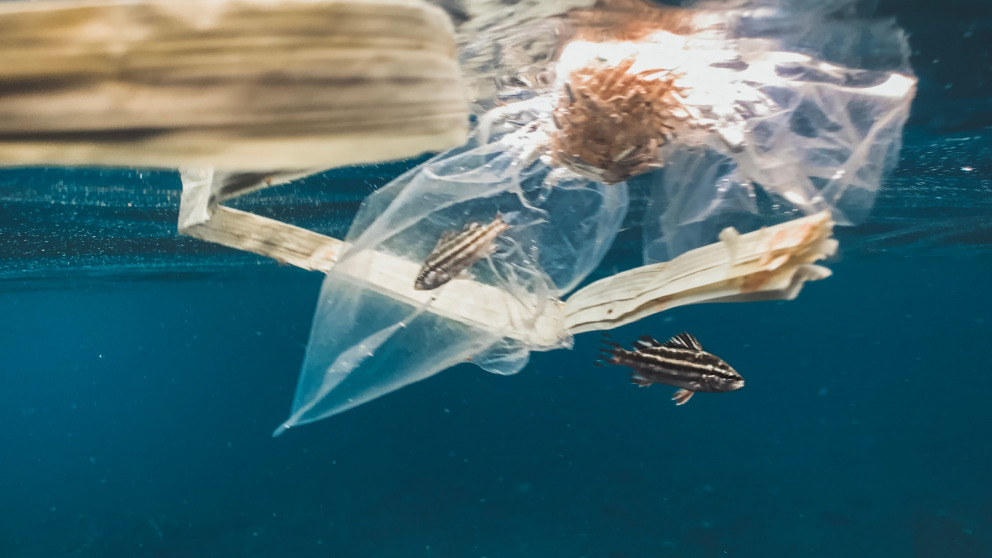The role of regional governance in addressing marine plastic pollution
Duration

Marine plastic pollution can be found everywhere in the ocean: from the Arctic to the Antarctic, from the surface to the seafloor. With more and more plastic being produced and consumed worldwide, urgent action and systemic changes are needed to reduce and prevent further harm. Ways to improve the governance framework have been discussed at numerous international fora, including the need for a new global agreement on marine plastic pollution. In this project, a team of IASS researchers analysed the role of regional actors in tackling marine plastic litter, the challenges they face and how a new global agreement could strengthen action at the regional level.
Tackling gaps in marine governance
Numerous intergovernmental agreements as well as voluntary measures, guidelines, strategies, and partnerships relevant to the issue of marine plastic pollution have already been concluded at the national, regional, and global levels. However, gaps in the governance of marine plastic pollution remain. With the prevalence of marine litter expected to increase, various proposals to enhance its governance framework are under discussion in international fora. Proposals pertain to strengthening existing regional and sectoral frameworks and negotiating a new global agreement on marine plastic pollution.
Improving the governance of marine plastic pollution
As part of this research project, IASS researchers looked at the achievements of regional organizations and instruments related to marine plastic litter, and offered recommendations for policymakers on how these efforts could be supported and linked to a new global agreement. The report titled, 'Stronger Together: The role of regional instruments in strengthening global governance of marine plastic pollution' summarises the research findings and argues that integration of the global, regional, national, and local scales is needed for a successful ocean governance system to address marine plastic pollution.
The findings of the research project will feed into current international discussions and efforts to prevent marine plastic pollution, including by the United Nations Environment Assembly (UNEA).
Further information
- Link to the report: Stronger together: The role of regional instruments in strengthening global governance of marine plastic pollution
- Launch of the final report on 17 February 2021: Recording of the event
- IASS press release: Recommendations for Regional Action to Combat Marine Plastic Pollution
- Key messages of the report: Powerpoint Presentation